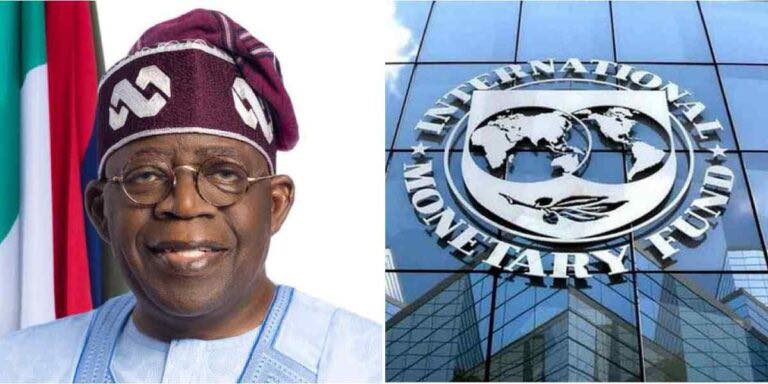Nigeria has fully repaid the $3.4 billion emergency funding provided by the International Monetary Fund (IMF) in April 2020 under its Rapid Financing Instrument, completing repayment on April 30, 2025—one quarter ahead of schedule. The government will continue to honour annual Special Drawing Rights charges of roughly $30 million, reflecting its ongoing commitment to meeting international obligations . This move not only relieves the budget of future principal obligations but also enhances Nigeria’s standing with global lenders and investors.
In the spring of 2020, Nigeria turned to the IMF’s Rapid Financing Instrument to buffer its economy against the twin shocks of a global pandemic and a collapse in crude oil prices . The $3.4 billion facility was designed as urgent balance‑of‑payments support to Africa’s largest oil exporter as it grappled with plunging revenues and a contracting economy . At the time, petrol revenues had plummeted, and GDP growth was under severe pressure, prompting swift action to shore up reserves and stabilise the naira.
IMF Resident Representative Christian Ebeke confirmed in a statement that Nigeria “fully repaid the financial support” by April 30, 2025. Although the principal is cleared, Nigeria remains liable for annual SDR charges estimated at $30 million under IMF rules. Government sources indicate the repayment came one quarter ahead of the final maturity date, underscoring concerted efforts to accelerate debt clearance.
Implications for Nigeria’s Finances
Data from the Debt Management Office reveal that Nigeria spent $4.66 billion on servicing foreign debt in the past year, with $1.63 billion directed specifically to the IMF. By eliminating the $3.4 billion liability, the government frees up fiscal space for critical infrastructure and social spending, reducing pressure on the budget and potentially lowering future borrowing costs. Analysts view this achievement as a signal of enhanced fiscal discipline that could attract fresh capital inflows and strengthen sovereign credit ratings.
Minister of Information and National Orientation Mohammed Idris noted that President Bola Tinubu directed the accelerated repayment to “demonstrate the administration’s strong commitment to financial discipline” and to bolster Nigeria’s credibility in global financial markets. The Minister emphasized that meeting debt obligations on time is essential for sustaining investor confidence and securing favorable terms in future financing .
While the repayment marks a major milestone, Nigeria’s fiscal roadmap will need to accommodate ongoing SDR charges and emerging financing needs for development projects. Observers expect that the freed-up resources and improved credit standing will enable the government to pursue infrastructure upgrades and social programmes more aggressively. With external obligations met, Nigeria is well positioned to negotiate new lending arrangements on competitive terms and reinforce its reputation as a reliable partner on the world stage.

